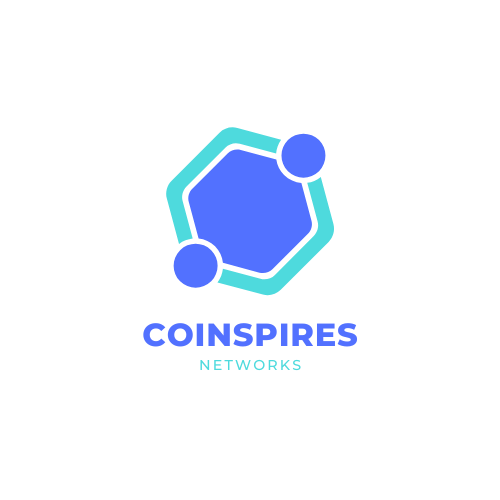Blockchain, as a new and complex technology, requires a deep understanding of various topics, from foundational concepts to technical knowledge and programming. While learning blockchain can be challenging, having the right information and key skills can help individuals specialize in this field and take advantage of exciting career opportunities.
1. Familiarity with Blockchain Basics
The first step in learning blockchain is to understand its foundational concepts, including:
- Decentralization: Blockchain allows users to transact directly without intermediaries by decentralizing information.
- Blockchain Structure: Understanding how blocks connect and how hashes function in the chain is essential.
- Consensus Algorithms: Consensus algorithms, like Proof of Work and Proof of Stake, play a critical role in transaction verification.
2. Programming Knowledge and Smart Contract Development
Blockchain relies heavily on programming. To become a blockchain developer, learning programming languages is essential, such as:
- Solidity: This language is used to write smart contracts on the Ethereum network and is one of the main languages in blockchain.
- Python and JavaScript: These languages are commonly used to develop and interact with blockchain networks, and their versatility makes them valuable for blockchain developers.
3. Knowledge of Cryptography
Cryptography is a core component of blockchain that helps secure data and transactions. Understanding the following cryptographic topics is important:
- Public and Private Keys: Public and private keys are the security foundations in blockchain, used for identifying and verifying transactions.
- Hashing Algorithms: Hashing is the process of converting information into shorter strings, essential for security and data integrity in blockchain.
4. Networking and Computer Architecture Knowledge
Understanding computer network structures and protocols helps you better comprehend how blockchain stores and transfers data. Key concepts in this area include:
- Communication Protocols: Knowledge of communication protocols like HTTP and TCP/IP aids in understanding blockchain networks.
- Distributed Storage Models: Blockchain is a distributed system, so familiarity with distributed storage, such as IPFS and P2P network architecture, is valuable.
5. Familiarity with Distributed Databases
Blockchain is essentially a distributed database that stores data in a decentralized manner. Understanding the basics of distributed databases can enhance your understanding of blockchain.
6. Financial and Economic Concepts
While blockchain is not limited to cryptocurrencies, understanding basic economic principles and digital assets can aid in learning it. Knowledge of topics such as supply and demand, liquidity, and investment principles is particularly beneficial for those interested in cryptocurrencies.
Educational Resources for Learning Blockchain
Various resources are available for learning blockchain, including:
- Online Courses: Websites like Coursera, Udacity, and Udemy offer comprehensive blockchain courses.
- Books: Books like "Mastering Blockchain" and "Blockchain Basics" are good starting points.
- Practical Experience: Using networks like Ethereum and experimenting with smart contracts can help you gain hands-on skills.
Conclusion
Learning blockchain requires a diverse range of knowledge and skills due to its wide applications. From theoretical and technical foundations to programming and economic concepts, each of these areas plays an essential role in understanding and applying blockchain. By combining theoretical knowledge with practical experience, one can become a blockchain expert and benefit from the many job opportunities in this field.
